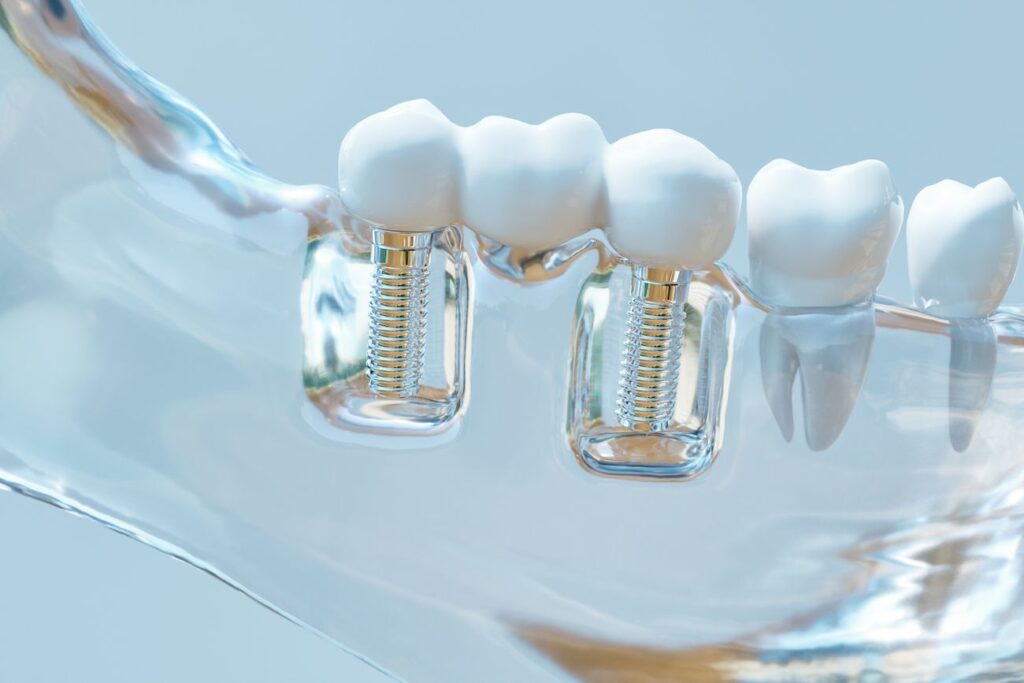Millions of people suffer from tooth loss, which can leave them with debilitating complications. Fortunately, a dentist can offer fixed, long-lasting tooth replacements through implant dentistry for many patients. These fixtures can restore the appearance, function, and health of your smile.
A dental implant might fail if you do not take care of your smile and dental work. Dentists evaluate your oral health to ensure you can support an implant successfully. But you will still need to take action to maintain these fixtures.
A failing implant will need urgent attention and removal from your dentist, so take precautions to avoid this dental emergency. Read on to learn how you can reduce your risk of failing dental implants as you replace your missing teeth.

How to Protect Your New Dental Implants
Follow Aftercare Guidelines from Your Dentist
Implant dentistry involves a multi-step process that will require three or more dentist appointments over the course of several months. During each step, you should follow your dentist’s instructions to properly care for your smile and your implants to prevent dental implant failure.
First, your dentist will examine your jawbone structure and gum health to ensure you are a good candidate for this treatment. They will not proceed unless they deem you healthy enough to sustain and support an implant.
Then they will do oral surgery to place the anchors of the implant into the jaw. You will need three to six months to recover fully from this procedure, during which time the anchors fuse with the jaw to create an ideal foundation for prosthetic teeth. You must care for the surgical sites during this period, using gentle oral hygiene techniques that will keep them clean without irritating them.
The dentist will give you pain management guidelines too to minimize your discomfort. If you feel severe pain, this could mean the implants are failing. Call your dentist right away in this case.
Attaching the prosthetic teeth to the anchors will not hurt, but it may take some time to get used to the feel of these fixtures in your mouth. Again, if you feel extreme pain or notice bleeding or swelling, contact your dentist. Attend follow-up appointments as needed to ensure your implants function properly.
Continue Healthy Oral Habits
One of the appeals of implant dentistry to replace missing teeth is that they do not require much extra maintenance beyond your usual oral health care regimen. After your treatment, you will still need to brush and floss your teeth. But you will not need separate cleaning for the implants.
Dentists might suggest a special brush, paste, or flosser to better clean the implants, but you can stick to your usual routine. Make sure you adhere to this regimen because dental problems from poor oral habits may alter your mouth. This can then impact the fit of your implants. And it may lead to dental implant failure, so make sure you stick to healthy oral habits.
